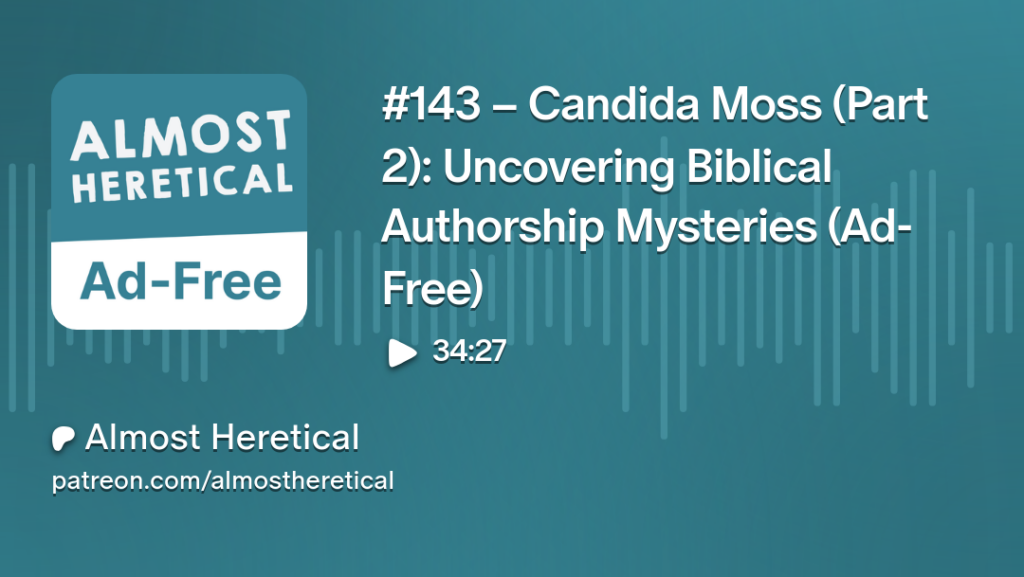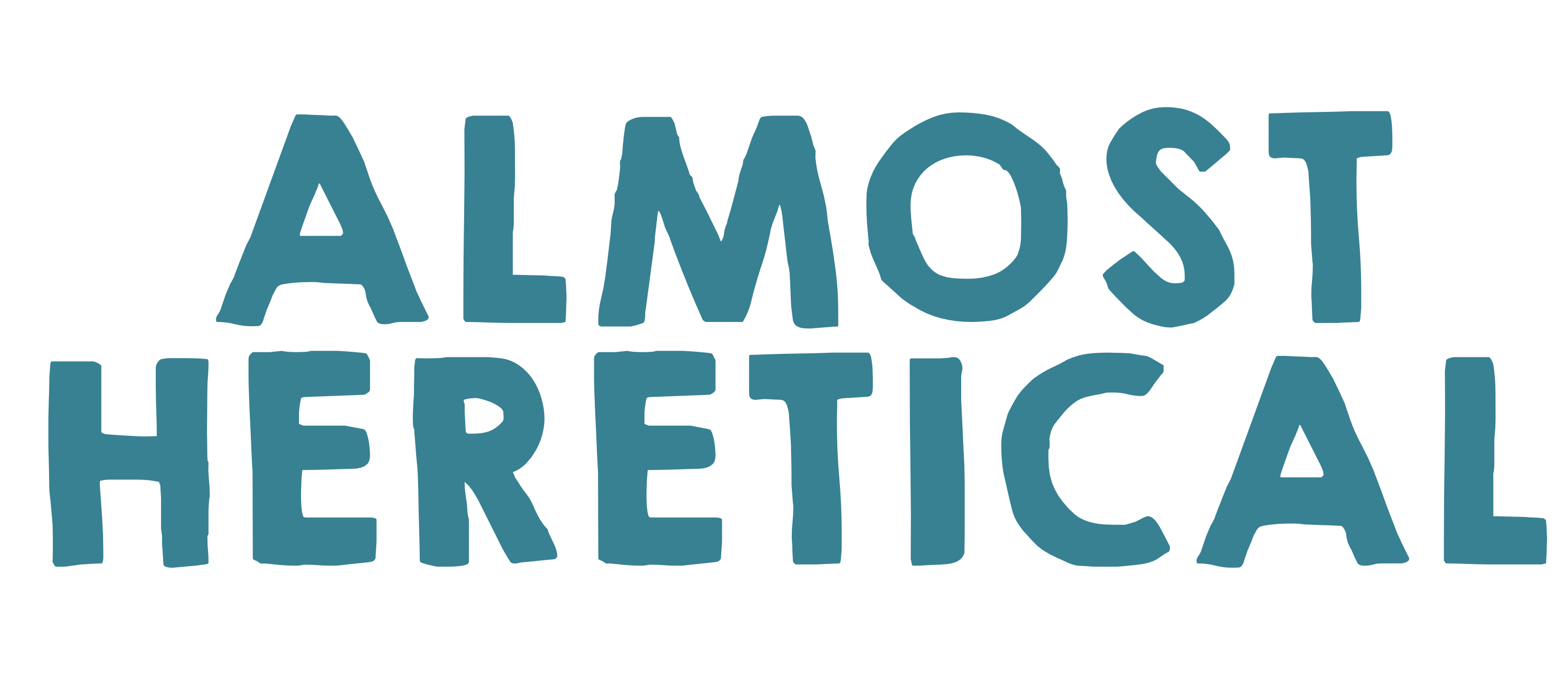Candida Moss continues to uncover the hidden complexities of the New Testament in part 2 of our riveting conversation, diving deeper into her latest book, God’s Ghostwriters: Enslaved Christians and the Making of the Bible. What were the actual processes and practices behind the creation of the most influential texts in Christian history? Moss shares her groundbreaking research on the manuscript traditions, dictation methods, and collaborative writing processes involving early Christian leaders and their enslaved scribes. How do these insights transform our understanding of biblical authorship and the authenticity of the New Testament?
We delve into the specific roles of enslaved individuals in the dictation and transcription of biblical texts, exploring the nuances of ancient writing techniques, such as shorthand and manuscript preparation. What are the implications of these practices for our comprehension of the New Testament’s development? Moss also addresses the ethical and historical implications of Christianity’s reliance on enslaved labor in the creation of its sacred texts, providing a nuanced perspective on how modern believers can approach these uncomfortable truths.
Join us for another thought-provoking conversation that challenges conventional views and encourages deeper reflection on the origins of the Bible. How might these revelations reshape your understanding of scripture, its creation, and its place in history?
Takeaways:
- Manuscript Traditions: Understanding the various manuscript traditions and their role in the transmission of the New Testament.
- Dictation Methods: Insights into the dictation methods used by early Christian leaders and their enslaved scribes.
- Collaborative Writing Processes: The collaborative nature of the New Testament’s creation, involving multiple contributors and editors.
- Enslaved Scribes’ Roles: Detailed exploration of the roles enslaved individuals played in the transcription and preservation of biblical texts.
- Authorship Clarification: Clarification on how the names associated with gospels (e.g., Mark) reflect the scribes and not necessarily the original apostles.
- Historical Context: The importance of the historical context in which these texts were created, including concerns about forgery and manuscript quality.
- Prison Descriptions and Hell: The influence of Roman prison conditions on biblical descriptions of hell.
- Women Scribes: The presence and contributions of enslaved women in the creation and dissemination of early Christian texts.
- Literary Traditions: How the Gospel of Mark and other texts were influenced by existing Greco-Roman literary traditions.
- Modern Reconciliation: Insights on how modern believers can reconcile the uncomfortable truths about Christianity’s historical reliance on enslaved labor in its foundational texts.
After Show

Want to hear Nate & Shelby debrief this episode? Listen to the extra episode!

